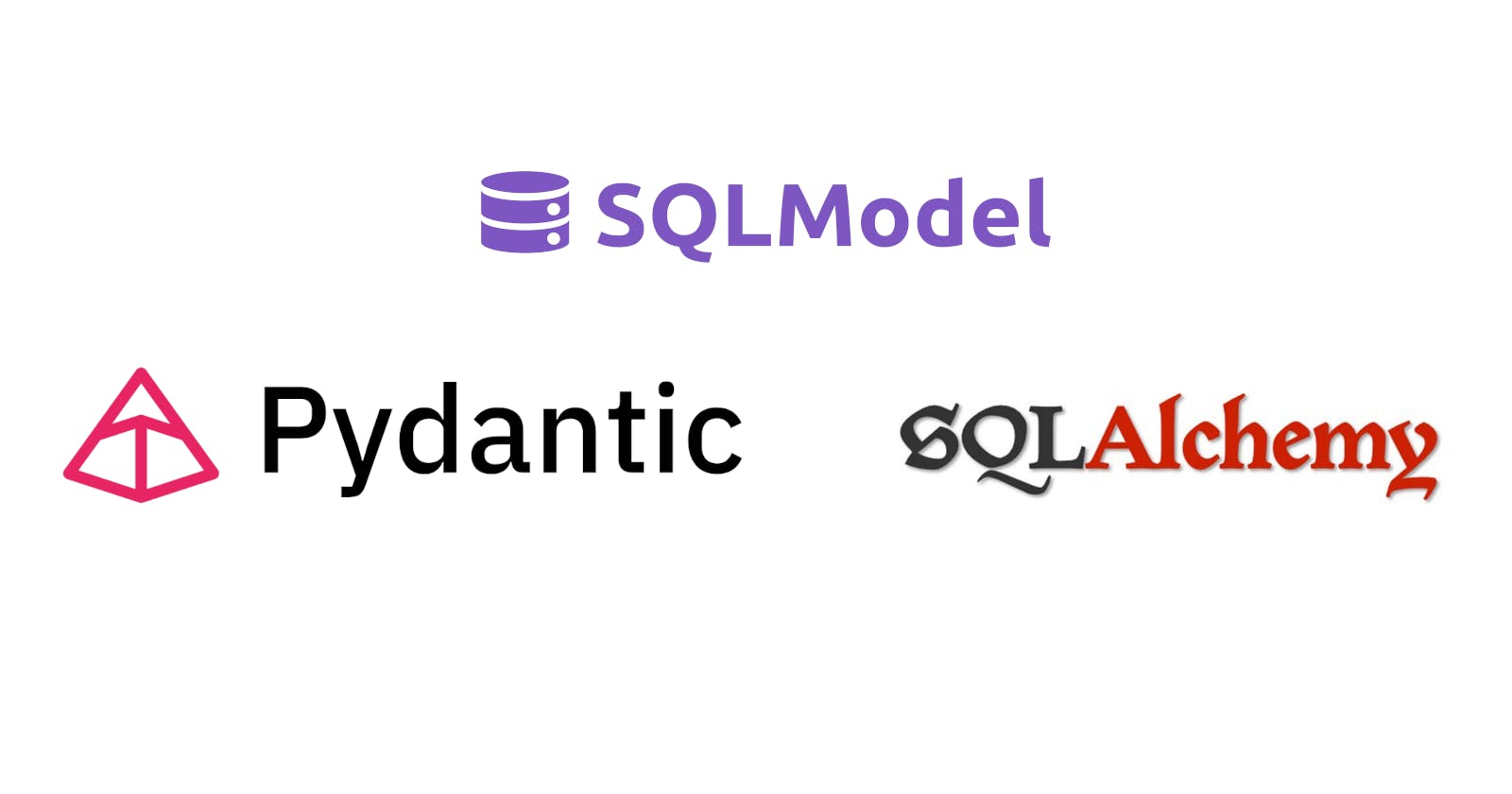Introduction
In the dynamic world of software development, efficiently managing databases is crucial for building robust applications. Python developers widely use SQL databases, and SQLModel has entered as a game-changer for those seeking simplicity, compatibility, and robustness in their database operations. SQLModel is an innovative library that acts as a bridge, connecting the powerful ORM capabilities of SQLAlchemy with the data validation strengths of Pydantic, thereby creating a more seamless development experience.
SQLModel leverages Python type annotations to create models that serve both as SQLAlchemy database models and Pydantic validation models. This eliminates the redundancy of defining separate models for ORM and validation layers. By combining the best of both worlds, SQLModel allows developers to define once, and use everywhere, ensuring consistency and reducing the potential for errors.
Whether you're developing a FastAPI-application or working with data management tasks, SQLModel is engineered to enhance productivity and developer satisfaction. With this library, tasks such as creating database tables, querying records, and validating incoming data become more intuitive and less error-prone.
Simplifying Database Interaction with SQLModel
Imagine you have a toy box (a database) with different action figures (data). SQLModel gives you tools (functions) and rules (schemas) to easily put your toys in the box, find them again when you want to play, or check if they're the correct ones before you show them to your friends. It makes sure you can play with your toys easily without making a mess!
Use Cases
FastAPI Web Applications: Integrate with FastAPI to create web apps with easy database interaction and data validation.
Data Validation: Use SQLModel for validating data against predefined schemas before it enters your database.
Database Schema Migrations: Simplify schema changes and database migrations with a clear Python-based ORM.
CRUD Operations: Implement Create, Read, Update, Delete operations in a Pythonic way without writing raw SQL.
Data Analysis: Extract and manipulate databases for data analysis without leaving the comfort of Python objects.
Prototyping: Reduce boilerplate code for prototypes, thanks to SQLModel's concise syntax.
Microscopes Architecture: Manage database interactions in a micro-service smoothly with ORM support.
Educational Tools: Teach database concepts with real-world applications through an intuitive ORM interface.
Integration with Other Tools: Mix and match with SQLAlchemy tools and extensions for SQL power-ups.
Legacy Code base Upgrade: Modernize old SQLAlchemy projects with less effort for better maintainability.
Example Code
from typing import Optional
from sqlmodel import Field, Session, SQLModel, create_engine
class Hero(SQLModel, table=True):
id: Optional[int] = Field(default=None, primary_key=True)
name: str
secret_name: str
age: Optional[int] = None
# Create the SQLite engine
engine = create_engine("sqlite:///heroes_database.db")
# Create the table in the database
SQLModel.metadata.create_all(engine)
# Create session and add objects
with Session(engine) as session:
hero_1 = Hero(name="Deadpond", secret_name="Dive Wilson")
session.add(hero_1)
session.commit()
# Querying a hero
with Session(engine) as session:
statement = select(Hero).where(Hero.name == "Deadpond")
deadpond_hero = session.exec(statement).first()
print(deadpond_hero)
Key Features and Strengths
Unified ORM and Data Validation: Simultaneously serves as a SQLAlchemy ORM and Pydantic validation model.
Intuitive Syntax: Pythonic and developer-friendly syntax for database interactions.
Compatibility with FastAPI: Created by the FastAPI author, ensuring smooth integration.
Editor Support: Enhanced support for code completion and real-time error checking.
Code Reusability: Reduces code duplication through a single source of truth for models.
Active Community and Support: Backed by a strong community and the dedicated effort of its creators.
Conclusion
SQLModel is a testament to the ongoing evolution in the realm of database management for Python. This library successfully bridges the gap between object-relational mapping and data validation, offering developers a resilient and efficient toolset. By converging the robustness of SQLAlchemy with the elegance of Pydantic, SQLModel not only streamlines the database operations but also enhances code quality and speeds up the development process. Through this innovative library, developers can now write more maintainable, error-free, and consistent code. Whether you are expanding an enterprise application or building the next start-up product, SQLModel promises to be a key companion in harnessing the power of SQL databases in Python.

